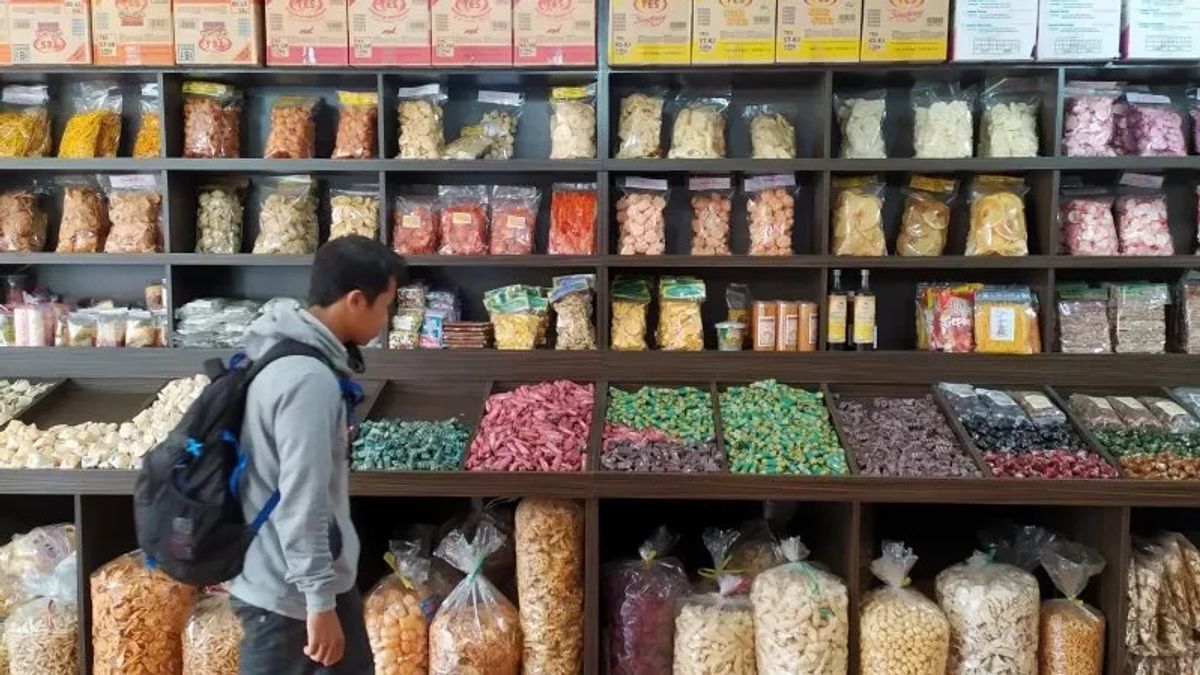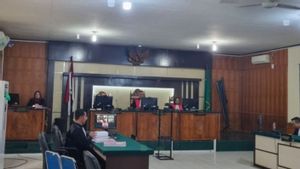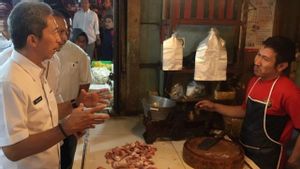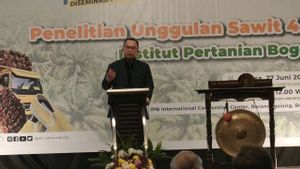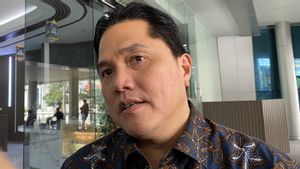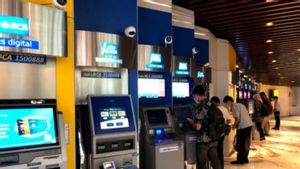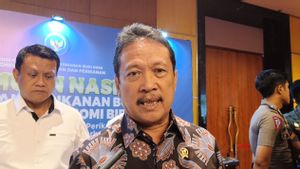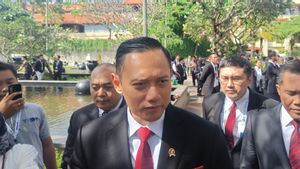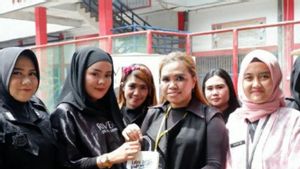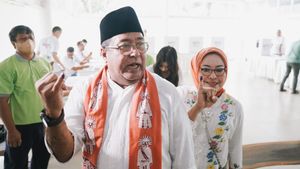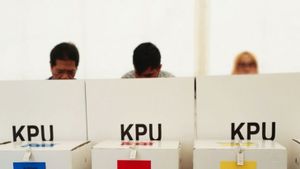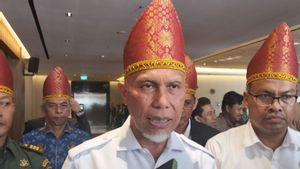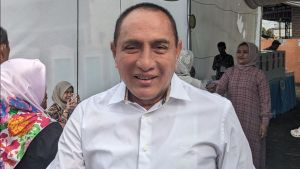BOGOR - Researcher from the Bogor Agricultural Institute (IPB) Professor Ma'mun researched that MSMEs need to receive an entrepreneurial marketing boost or entrepreneurial marketing so that MSME programs up to government class can run well.Professor Ma'mun in an online pre-scientific oration, Thursday explained that there has been a shift in the concept of marketing from traditional, conventional, which requires an expensive cost to be cheaper with the digital concept. "To "The Ministry of Cooperatives and SMEs is advised that entrepreneurial marketing can be used as a reference in SME development programs to advance to class and digital marketing," said Ma'mun, Saturday, July 30.Professor Ma'mun explained in general, marketing is one of the problems faced by MSMEs. The concept of marketing carried out by large businesses is different from MSMEs. Research results show that entrepreneurship marketing is a relatively new and more appropriate marketing concept approach reviewed from the limited resources and other problems that exist in MSMEs. According to Ma'mun, entrepreneurship marketing with traditional or conventional marketing does have several differences in terms of their point of view. In terms of concept, traditional marketing is consumer-oriented, while entrepreneurship marketing is innovation-oriented. In terms of strategy, traditional or conventional marketing uses an upper and lower approach, while entrepreneurship marketing uses the downward and top approaches. Meanwhile, in terms of methods, conventional marketing with the concept of a 4P/7P marketing mix, namely product, price, promotion, and place (4P) and the marketing mix of intangible products or services include 4P plus: people, physical evidence, and process (7P), while entrepreneurship marketing uses interactive marketing methods. In terms of market intelligence, conventional marketing uses formal research, while entrepreneurship marketing uses networks information and information collection. Based on data from the Ministry of Cooperatives and Small and Medium Enterprises, it shows that in 2019 there were 65,471,134 business units, of which the percentage of MSMEs reached 99.99 percent, divided into 98.67 percent micro-enterprises, 1.22 percent small businesses. Then, medium-sized businesses 0.10 percent and large companies (UBs) which only have 0.01 percent business units. Furthermore, the results of the study also show that out of five cases the implementation of entrepreneurship marketing in several MSMEs in several MSMEs. Indonesia, among them are the footwear industry in the Bogor area, the culinary industry, food and beverages and furniture industry in Depok, Bogor City, and Bogor Regency, the home industry in Kendal Regency, the fruit processing industry cluster and the milk processing industry cluster in Bandung Regency, as well as the fish processing industry cluster in Pekalongan Regency. "In the study, it was found that the application of entrepreneurial marketing in general has shown sufficient capabilities "good," he said.
اقرأ أيضا:
However, said Professor Ma'mun, only certain indicators are still low in implementation and require continuous improvement both by business actors themselves and with the support of the relevant government. Thus, he continued, hopes that in the future MSME industry players in Indonesia can have better living welfare, able to compete locally and globally, maintain and improve their existence in various markets.
The English, Chinese, Japanese, Arabic, and French versions are automatically generated by the AI. So there may still be inaccuracies in translating, please always see Indonesian as our main language. (system supported by DigitalSiber.id)
